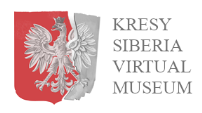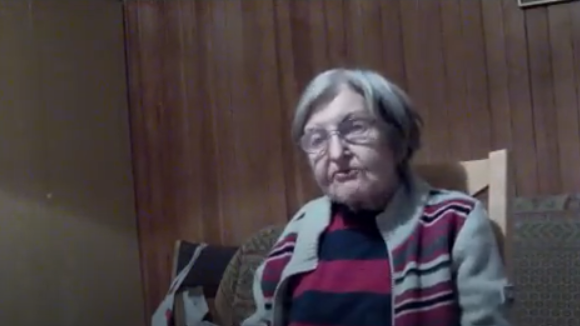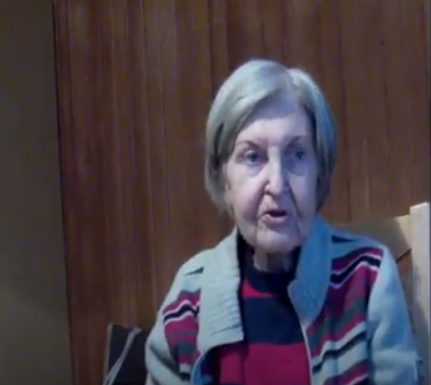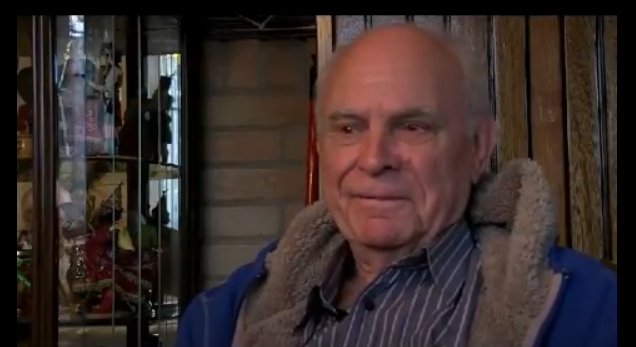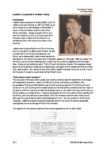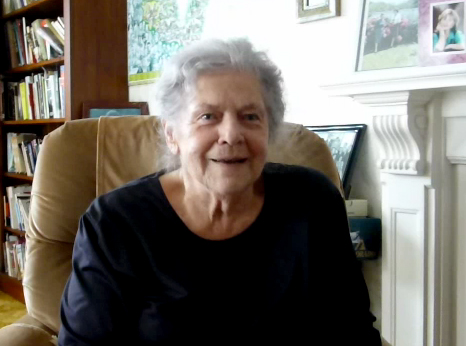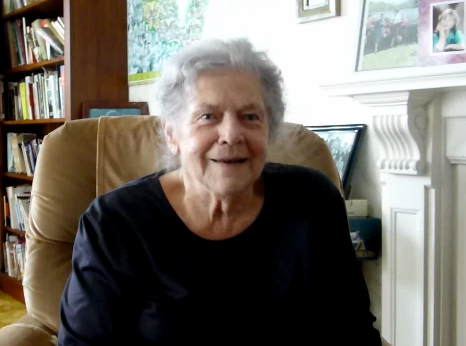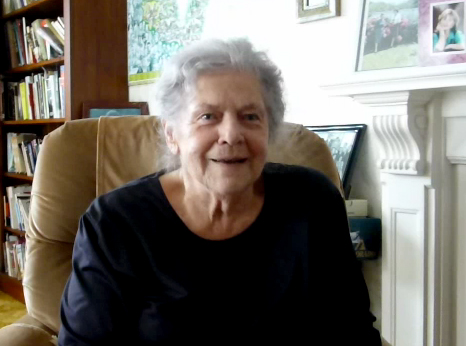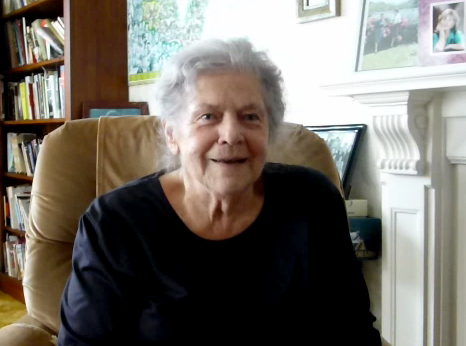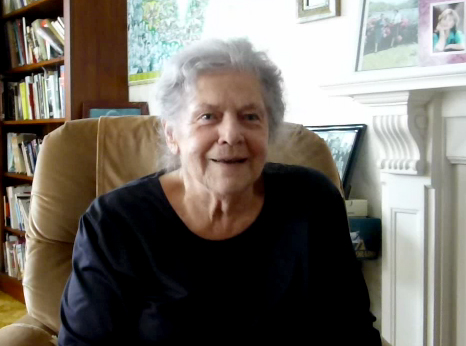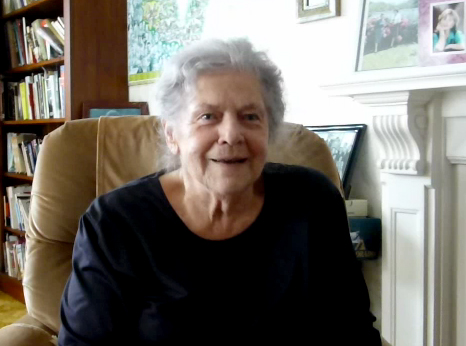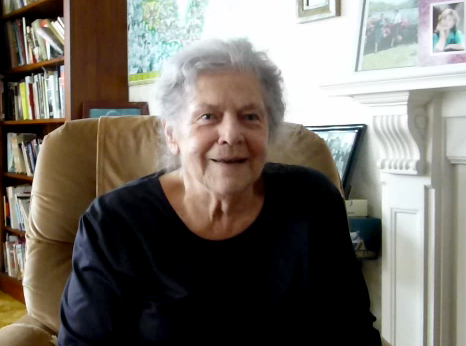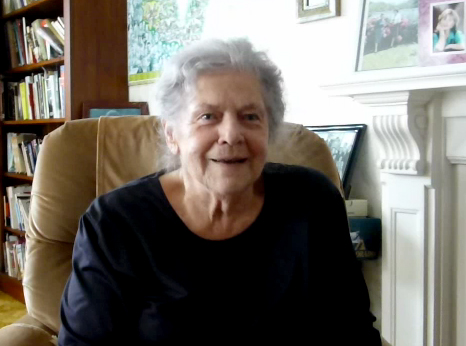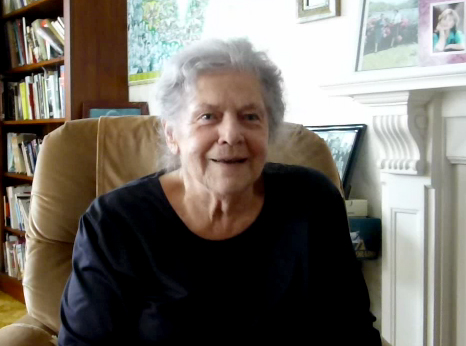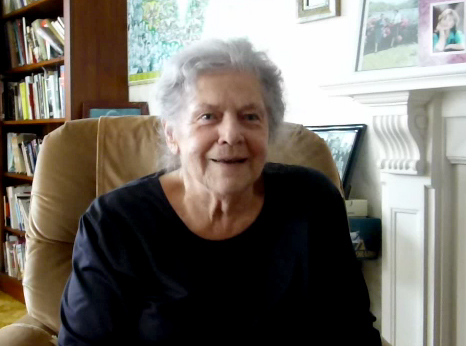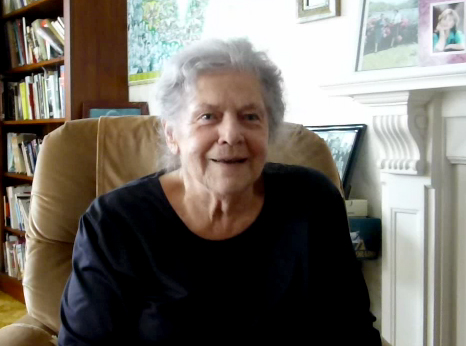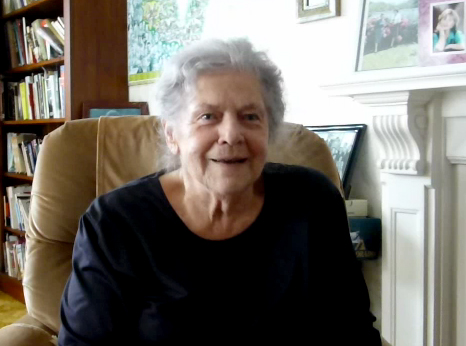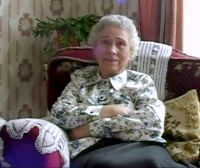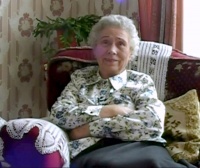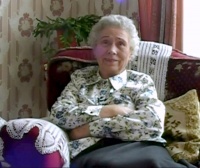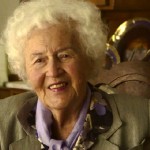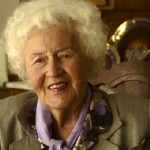Irena Jabłońska - Russian orphanage
She was in an orphanage with mostly Russian children, and describes how there were 20 of them sleeping in one room, 4 to a bed (not really a bed, rather …
Irena Jabłońska - Orphans put to work
She remained in Irtysz (sp?) and she had frost bitten legs – her toes were black. The head of the orphanage was a Polish lady, and she helped cure her …
Irena Jabłońska - Deported to Kazakhstan
They were deported in the spring, and describes the train as having wooden benches at each end to sleep on, a hole in the floor for a toilet, and that …
Tadeusz Szunejko - Father disappeared en route to Uzbekistan
His father was unwell on the train journey south. He got off at one station, to get food and water for the family, and they never saw him again. Red …
Dioniza (Gradzik) Choros - Ukranians search for weapons and murder father
Dioniza describes the brutality with which the Ukrainians terrorized them as they searched for weapons. They took her father away, and they heard a series of shots, but thought that …
Dioniza (Gradzik) Choros - Scouts commemorate Warsaw Uprising with special camp fire
Already on the ship to New Zealand, Mrs Kozera the Chief Scout made plans to commemorate the Warsaw Uprising at a special campfire held in Pahiatua soon after the children’s …
Bernarda (Karbowa) Andrejczuk - Meets husband and then they move to the UK
Bernarda describes how she met her husband at the hospital, where he was sent after being injured at Monte Cassino, and they married. She spent some time in Palestine where …
Bernarda (Karbowa) Andrejczuk - People dying on the southbound train
Bernarda describes how people would die and their bodies were left on the side of the tracks, with no proper burial. Her parents would not have survived the trip south, …
Bernarda (Karbowa) Andrejczuk - How were the Russians in Siberia
Bernarda describes how the Russian people who preceded them to the camp, and were still stuck there, were in the same situation as they were – sometimes their conditions were …
